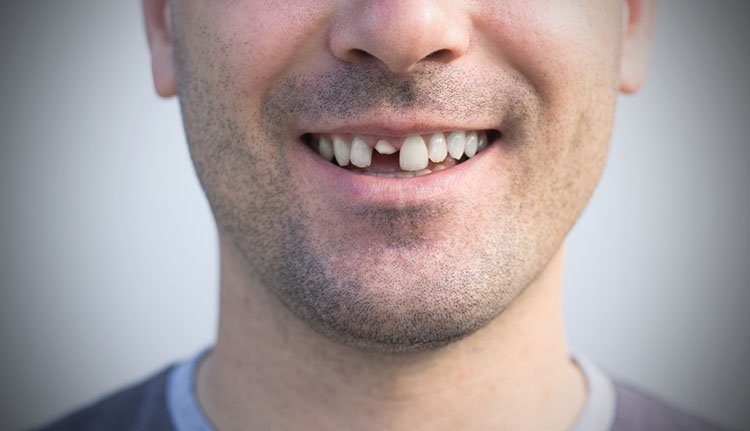World’s first tooth-regrowing drug to begin human trials in 2024.
Kyoto University Hospital is set to initiate human trials for the world’s first drug capable of regenerating teeth.
Following its remarkable success in animal models, the drug will enter the human testing phase in September 2024, aiming for potential commercial availability by 2030, according to a report by News Atlas.
Clinical Trials Set to Begin:
The initial clinical trials will span from September 2024 to August 2025.
Thirty male participants, aged 30 to 64, who are missing at least one molar, will receive the intravenous treatment.
This first phase is crucial to assess the drug’s efficacy and safety in human dentition, building on promising results from earlier studies involving ferrets and mice, which showed successful tooth regeneration with no significant side effects.
Expanding Trials: Focus on Children
After the initial 11-month period, researchers will expand the trials to include children aged 2 to 7 who suffer from congenital tooth deficiency.
This genetic condition, affecting about 1% of the population, results in the absence of four or more teeth.
Additionally, the trials will be extended to individuals with partial edentulism, a condition where one to five permanent teeth are missing due to environmental factors.
This phase will explore the drug’s potential to provide a permanent solution for a wider range of dental issues.
Mechanism of Action:
The innovative treatment works by deactivating the uterine sensitisation-associated gene-1 (USAG-1) protein, which typically suppresses tooth growth.
By blocking USAG-1’s interaction with other proteins, the drug encourages bone morphogenetic protein (BMP) signaling.
Scientists say they’re close to a breakthrough drug that can regenerate human teeth 🦷
• Successful in animal trials
• Human trials start in a few months
• Aim is for commercial availability by 2030 pic.twitter.com/ZOhutQRYQt— Culture Crave 🍿 (@CultureCrave) June 1, 2024
This process triggers the generation of new bone and, consequently, new teeth.
Promising Impact on Dental Health:
If successful, this drug could offer a groundbreaking solution for individuals suffering from tooth loss, eliminating the need for dentures, implants, or other temporary fixes.
“We want to do something to help those who are suffering from tooth loss or absence,” said Katsu Takahashi, the lead researcher and head of dentistry and oral surgery at Kitano Hospital.
“While there has been no treatment to date providing a permanent cure, we feel that people’s expectations for tooth growth are high.”
Hope for Congenital Conditions:
For children with congenital tooth deficiencies, this treatment could significantly improve their quality of life and reduce the need for extensive dental procedures over their lifetime.
Early intervention with this drug could restore normal tooth development, offering a long-term solution.
Addressing Environmental Tooth Loss:
Adults who have lost teeth due to accidents or other environmental factors might also benefit from this treatment, restoring full dentition and improving overall oral health.
The ability to regenerate teeth could have far-reaching implications for dental health and well-being globally.
Future Prospects:
As the trials progress, researchers are hopeful that the drug could be made commercially available by 2030.
This timeline includes further testing phases, regulatory approvals, and preparations for large-scale manufacturing.
The success of this drug could mark a major milestone in dental medicine, potentially benefiting millions of people worldwide by providing a permanent solution to tooth loss.
